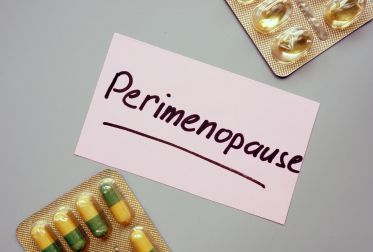
- Category : Perimenopause , Menopause
1. Causes
Hormonal Changes: As estrogen levels fall, the vaginal walls shrink and dry.
Reduced Blood Flow: Lower estrogen levels might reduce blood flow to the vaginal tissues, diminishing the natural lubrication.
Lifestyle Factors: Smoking, stress, and some drugs can aggravate dryness.
2. Symptoms
Vaginal dryness and soreness.
Burning or itching feelings.
Discomfort or pain during sexual activity (dyspareunia).
Recurrent urinary tract infections as a result of vaginal tissue thinning.
3. Control and Intervention:
Topical estrogen therapy: These remedies, which come in the form of creams, tablets, or rings, deliver estrogen directly to the vaginal tissues in order to replenish moisture.
Non-Hormonal Lubricants and Moisturizers: Over-the-counter products are safe to use on a daily basis and can offer relief.
Frequent Sexual Activity: This can improve tissue health by boosting local blood flow.
Diet and Hydration: Maintaining a healthy diet rich in omega-3 fatty acids and drinking plenty of water can assist maintain the health of your tissues overall.
Lifestyle Adjustments: Giving up smoking and using stress-reduction tactics or counseling might also be helpful.
See a medical professional if vaginal dryness is negatively impacting your quality of life. In addition to ruling out alternative possible reasons of the symptoms, they can provide individualized therapy alternatives.